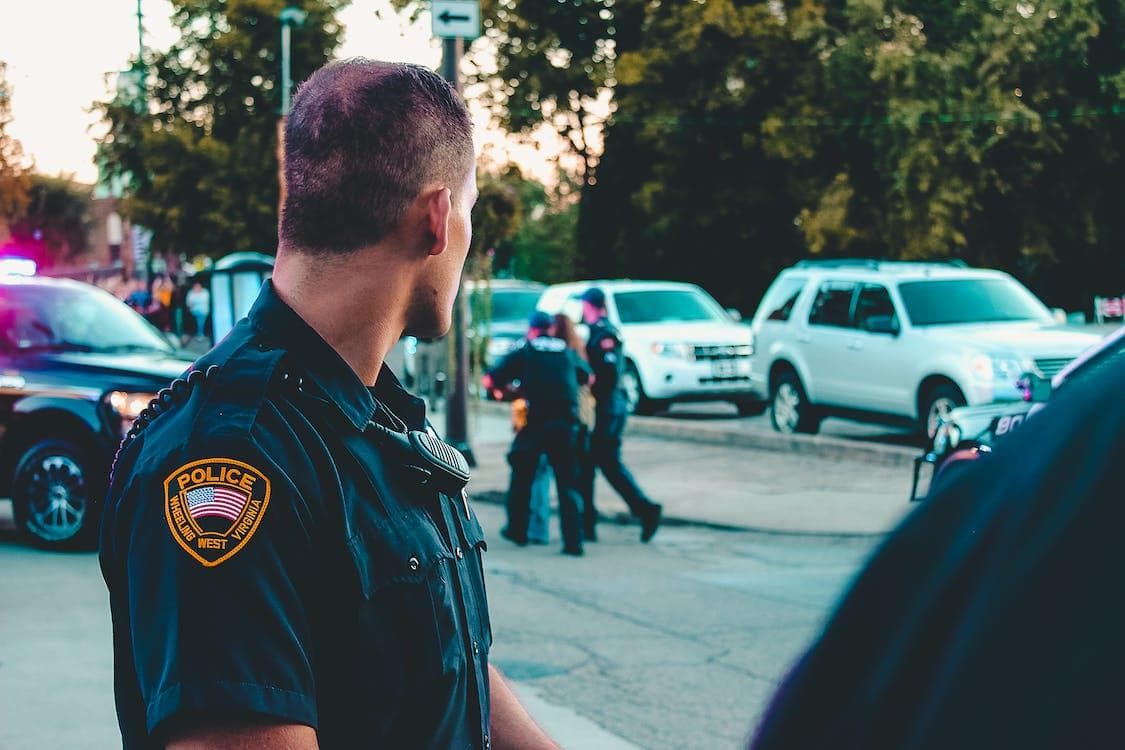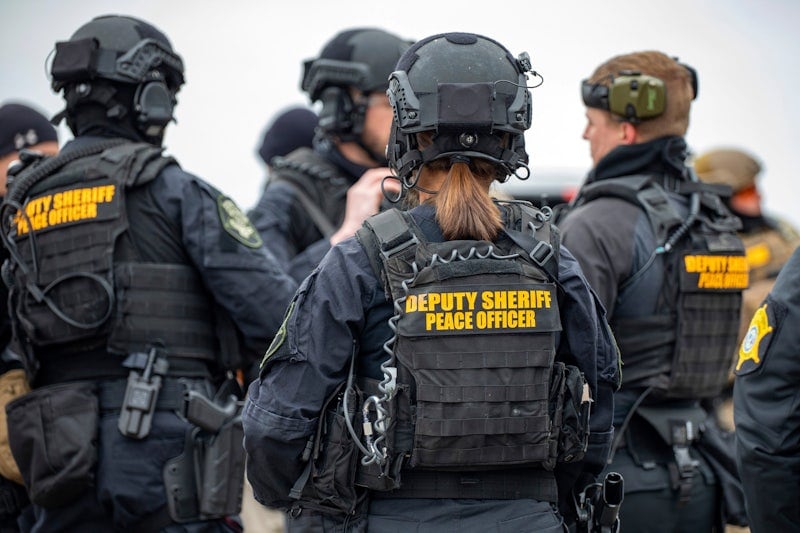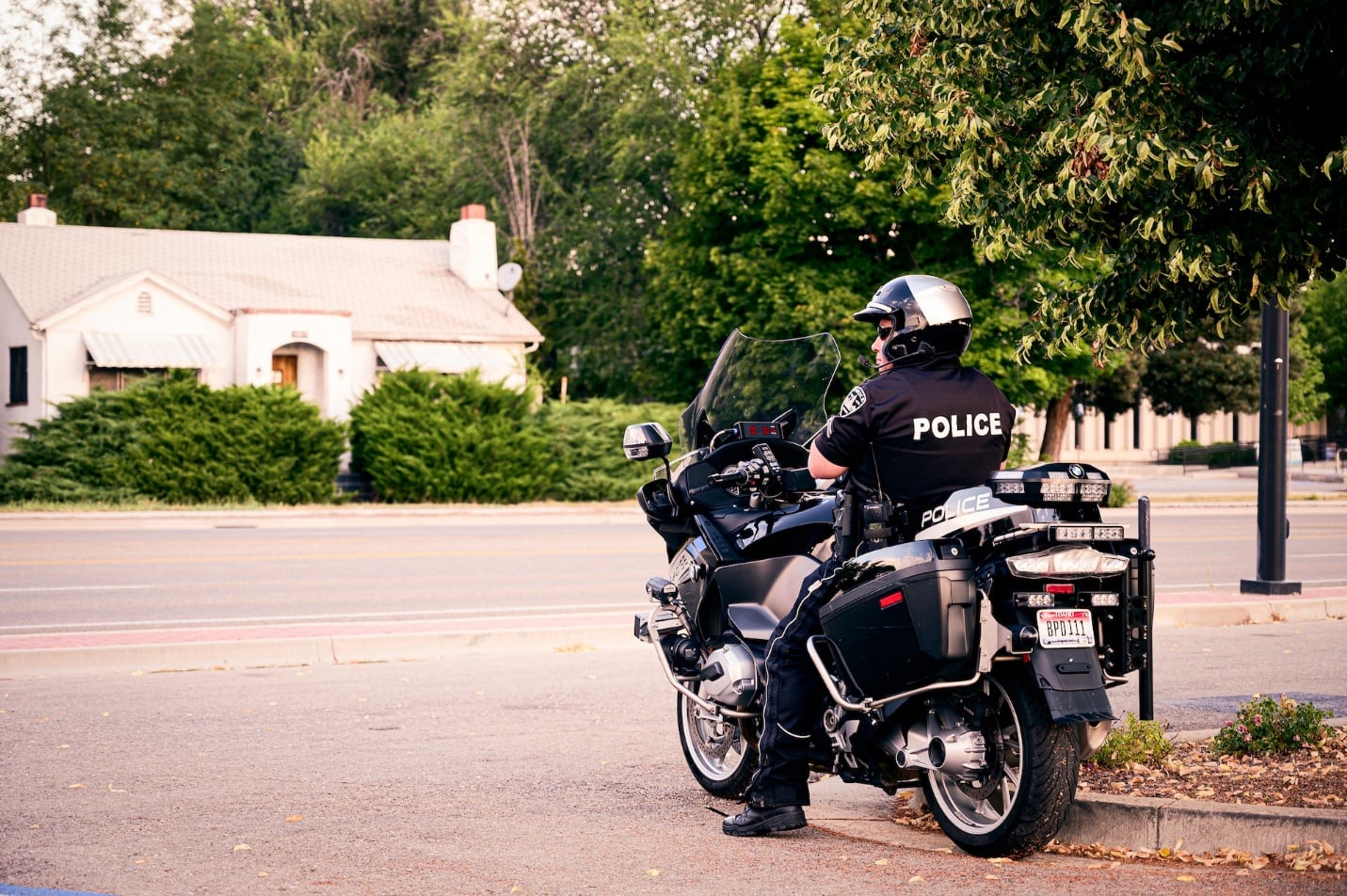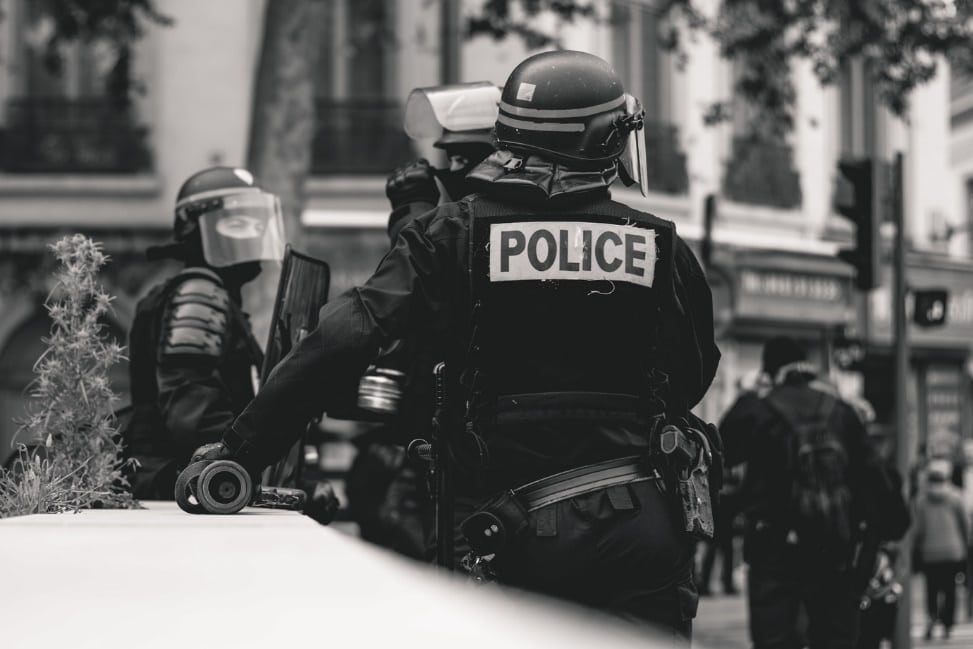In recent years, instances of police misconduct and brutality have come under intense scrutiny, leading to widespread calls for accountability and justice. The Fourteenth Amendment to the United States Constitution plays a vital role in providing the legal foundations for civil rights claims in these complex situations. Read on as we explore the connection between the Fourteenth Amendment, police misconduct, and the various legal avenues available for victims to seek redress.
The Fourteenth Amendment: A Fundamental Protector of Rights
The Fourteenth Amendment, ratified in 1868, serves as a cornerstone of civil liberties in the United States. Among its key provisions is the Equal Protection Clause, which prohibits states from denying any person within their jurisdiction the equal protection of the laws. This foundational principle forms the basis for many civil rights claims, including those against police misconduct.
A case of police misconduct may not only lead to a painful physical injury but also a significant violation of one’s civil rights. Engaging a dedicated police brutality lawyer in Las Vegas or elsewhere in Nevada can be a crucial, proactive step toward seeking redress for such egregious violations.
Police Misconduct and Brutality: Definitions and Types
Police misconduct encompasses a wide range of inappropriate or illegal actions undertaken by police officers. Police brutality, a particularly egregious and violent form of misconduct, involves the use of excessive force, often causing serious physical harm or even tragic death. In the state of Nevada, a dedicated Las Vegas police brutality lawyer can assist victims of police brutality in thoroughly understanding their legal rights and aggressively pursuing a lawsuit against the offending officers.
Recent news reports, such as the tragic case of an unarmed individual fatally shot by law enforcement, have brought the issues of police misconduct and brutality to the public discourse.
Liability and Legal Foundations for Civil Rights Claims
Under the Fourteenth Amendment, victims of police misconduct have legal grounds to file civil rights claims. The doctrine of liability is central to these claims, and an experienced police brutality lawyer in Nevada can navigate the complex legal terrain to seek compensation for the victims.
In some instances, a lawsuit may target not only the individual officers but also the entire police department and municipality for fostering a culture that allows misconduct to flourish. The recent lawsuit filed in Nevada against the city’s police department for gross negligence uniquely showcases how legal actions can extend beyond individual officers and encompass larger systemic issues.
In the next part of this comprehensive blog post, we’ll explore the importance of having a qualified Nevada police brutality lawyer to guide you through the legal process and delve into specific cases that illustrate the importance of the Fourteenth Amendment in addressing police misconduct.
The Importance of Legal Representation: Nevada Police Brutality Lawyer
For those who have been unfortunate victims of police brutality or other heinous forms of misconduct, seeking legal representation is not only advisable but often critically necessary. A seasoned police brutality lawyer with specialized expertise in Nevada law can provide vital, personalized support in understanding the specific legal foundations for civil rights claims.
Victims may be entitled to compensation for physical injuries, emotional distress, legal fees, and more. By retaining a Las Vegas police brutality lawyer, individuals can ensure that their case is properly investigated, evidence is meticulously gathered, and their rights are fully protected.
Real-Life Applications: Cases and Judgements
In the legal arena, understanding theoretical principles is crucial, but real-life applications often provide the clearest insights. Recent cases in Nevada vividly illustrate how the Fourteenth Amendment has been instrumental in enabling civil rights claims against police misconduct.
Case of Unlawful Detention: A Nevada man was awarded a substantial settlement after being unlawfully detained by law enforcement. His dedicated police brutality lawyer in Las Vegas successfully argued that his Fourteenth Amendment rights were clearly violated.
Excessive Force Lawsuit: In another instance, a woman in Nevada sought the help of a police brutality lawyer Nevada after experiencing excessive force during an arrest. The lawsuit cited violations of her Fourteenth Amendment rights and resulted in a successful settlement.
City Liability: A landmark case in Nevada, led by a police brutality lawyer, targeted the entire police department, citing systemic issues that fostered an environment where misconduct could thrive. This case emphasized the collective responsibility of law enforcement agencies and city officials.
These examples, backed by news reports and court records, underscore the importance of the Fourteenth Amendment in securing justice for victims of police misconduct.
To conclude, the Fourteenth Amendment serves as a foundational and unshakable pillar in the fight against police misconduct and brutality in the United States. From defining the precise legal basis for civil rights claims to enabling victims to vigorously seek compensation from legal authorities, this constitutional provision plays a vital and enduring role in holding law enforcement accountable.
Nevada residents who unfortunately find themselves victims of police misconduct should seek legal representation from a knowledgeable police brutality lawyer in Nevada. The expertise of a Las Vegas police brutality lawyer can prove invaluable in diligently navigating the intricate legal landscape.
If you have experienced a police brutality incident in Nevada, we recommend calling our police brutality lawyer at Bourassa Law Group. Dial 1-800-870-8910 or schedule a free case evaluation by contacting us. Justice should never be out of reach, and the pursuit of accountability is a collective endeavor.





